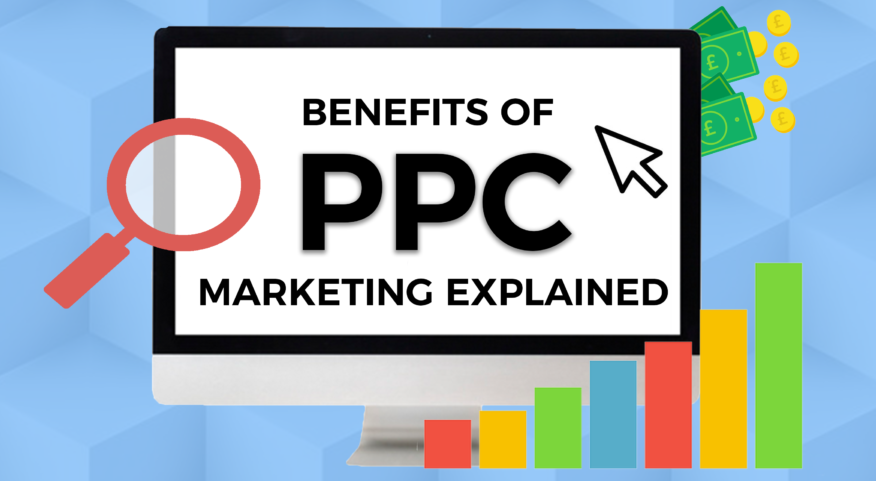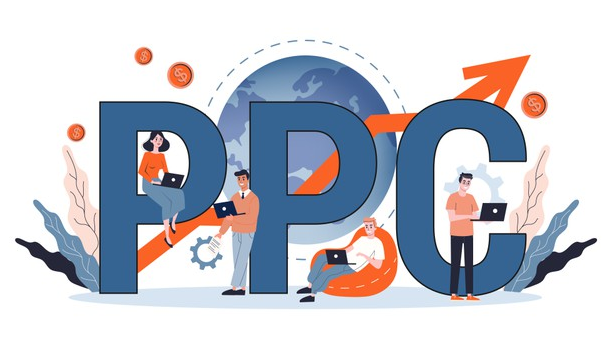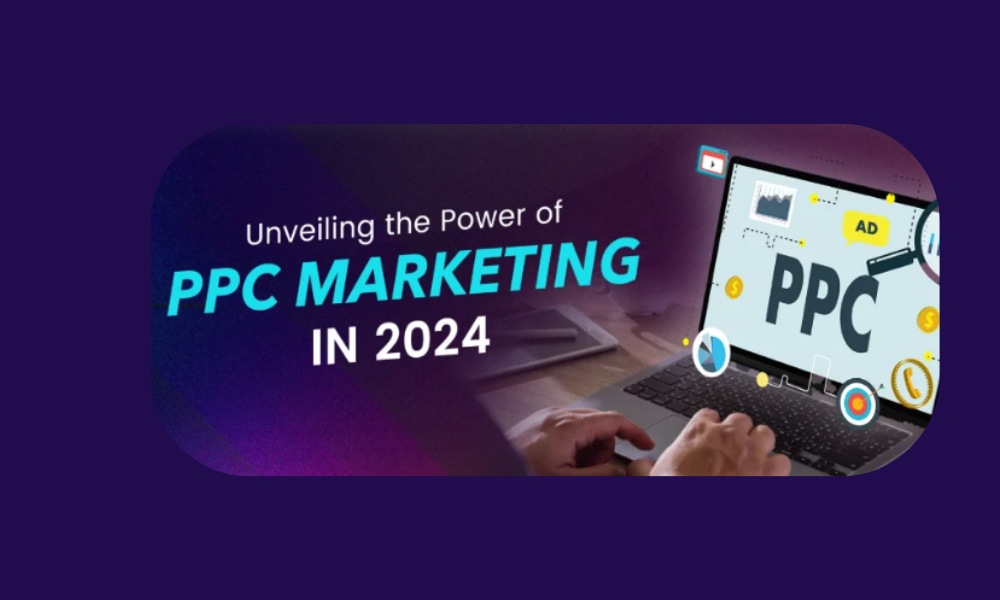PPC Marketing Lexicon – Ultimate Guide
PPC (Pay-Per-Click) marketing is a powerful strategy in the realm of digital marketing. It allows businesses to target specific audiences, control their advertising budget, and measure campaign performance effectively. In this ultimate guide, we’ll delve into the fundamentals of PPC marketing, its benefits, key elements for success, platforms and tools, campaign setup, monitoring and optimization, common mistakes to avoid, and more.
Table of contents
Definition of PPC Marketing
PPC marketing refers to a digital advertising model where advertisers pay a fee each time their ad is clicked. It’s a way of buying visits to your website rather than earning them organically through SEO. PPC ads can appear on search engines like Google and Bing, as well as on social media platforms and other websites.
Importance of PPC in Digital Marketing
PPC plays a crucial role in digital marketing strategies due to several reasons:
- Immediate Results: PPC campaigns can generate immediate traffic and results, unlike SEO which takes time to rank.
- Targeted Advertising: Advertisers can target specific demographics, locations, and interests, to ensure their ads reach the right audience accordingly.
- Measurable ROI: PPC offers clear metrics for measuring return on investment (ROI), such as click-through rates (CTR), conversion rates, and cost per acquisition (CPA).
How PPC Works
1. Auction System
PPC operates on an auction-based system, where advertisers bid for ad placement in search engine results or other ad spaces. The bid amount, along with ad quality and relevance, determines the ad’s position.
2. Keyword Selection
Keywords are central to PPC campaigns. Advertisers select relevant keywords that trigger their ads to appear when users search for those terms. Keyword research is crucial for targeting the right audience.
3. Ad Placement
PPC ads can appear at the top or bottom of search engine results pages (SERPs), as well as on websites and social media platforms. Ad placement depends on bid amounts, ad quality, and targeting settings.
Benefits of PPC Marketing

| Benefits of PPC Marketing | Explanation |
| 1. Targeted Advertising | PPC allows precise targeting based on demographics, interests, behaviors, and search intent. This ensures ads reach users likely to be interested. |
| 2. Cost-Effective | PPC offers control over advertising costs with options to set daily or campaign budgets. Advertisers only pay when their ads are clicked. |
| 3. Measurable Results | PPC campaigns provide detailed analytics and performance metrics, enabling data-driven decision-making and optimization. |
| 4. Quick Results | PPC campaigns can generate quick results compared to organic SEO efforts, driving immediate traffic and conversions. |
| 5. Flexibility and Control | PPC platforms provide flexibility in ad placements, targeting, bidding strategies, and budget allocation, giving advertisers control over campaigns. |
| 6. Brand Visibility | PPC ads enhance brand visibility by appearing prominently on SERPs and partner sites, increasing awareness among potential customers. |
| 7. Geographic Targeting | PPC allows geographic targeting, ideal for businesses aiming to reach specific locations or global markets with tailored messaging and offers. |
Key Elements of a Successful PPC Campaign

· Ad Copywriting
Compelling ad copy is essential to attract clicks and conversions. So the Ads should be concise, relevant, and include strong calls-to-action (CTAs) to encourage user engagement.
· Landing Page Optimization
The landing page is where users land after clicking an ad. Optimizing landing pages for relevance, user experience, and conversion goals is critical for maximizing PPC campaign success.
· Ad Extensions
Ad extensions enhance ads with additional information like phone numbers, location details, site links, and promotions. Using ad extensions improves ad visibility and click-through rates.
PPC Platforms and Tools
· Google Ads
Google Ads is the leading PPC platform, offering a range of ad formats including search ads, display ads, video ads, and shopping ads. It provides extensive targeting options and robust analytics.
· Bing Ads
Bing Ads, Microsoft’s PPC platform, is a viable alternative to Google Ads, especially for targeting specific demographics and reaching users on Bing and Yahoo search engines.
· AdWords Editor
AdWords Editor is a tool for managing Google Ads campaigns offline. It allows bulk editing, campaign optimization, and streamlined campaign management.
· Keyword Planner
Google’s Keyword Planner is a valuable tool for keyword research, providing insights into search volumes, competition levels, and keyword suggestions for PPC campaigns.
Setting Up a PPC Campaign
- Campaign Structure
Organizing PPC campaigns into well-structured ad groups helps improve relevance and performance. Campaigns should be structured based on product/service categories, targeting criteria, and goals.
- Budgeting
Setting a realistic budget for PPC campaigns involves balancing cost-per-click (CPC) bids, daily budgets, and overall campaign objectives. Secondly, budget allocation should consider ad performance and ROI.
- Ad Group Creation
Creating ad groups with tightly themed keywords and ad variations improves ad relevance and quality scores. Furthermore, each ad group should align with specific targeting parameters and user intents.
Monitoring and Optimizing PPC Campaigns
Performance Tracking
Regular monitoring of PPC campaign performance is essential. Tracking metrics like CTR, conversion rates, impression share, and ad positions helps identify areas for improvement and optimization.
A/B Testing
Testing different ad variations, landing pages, and targeting settings through A/B testing enables data-driven optimization and improvements in ad performance and conversion rates.
Bid Management
Optimizing CPC bids based on performance data, keyword competitiveness, and ROI goals is crucial for maximizing campaign results and maintaining cost efficiency.
Common PPC Mistakes to Avoid

· Irrelevant Keywords
Using irrelevant keywords can lead to wasted ad spend and low-quality traffic. Conducting thorough keyword research and negative keyword management is key to targeting the right audience.
· Neglecting Negative Keywords
Neglecting negative keywords can result in ad impressions for irrelevant search queries. Adding negative keywords helps filter out irrelevant traffic and improve campaign efficiency.
· Ignoring Ad Performance Metrics
Failing to analyze ad performance metrics like CTR, conversion rates, and Quality Score can hinder campaign optimization efforts. Moreover, regular performance analysis and optimization are essential for success.
Conclusion
PPC marketing is a dynamic and results-driven strategy for businesses to reach their target audience, drive traffic, and achieve marketing objectives. So through understanding the fundamentals of PPC, leveraging key elements for success, utilizing relevant platforms and tools, and continuously monitoring and optimizing campaigns, businesses can unlock the full potential of PPC advertising in today’s digital landscape.
Furthermore Learn more about digital marketing : Mastering the Art of SEO
FAQS
PPC (Pay-Per-Click) marketing involves paying for each click on your ads, providing immediate traffic but requiring ongoing investment. SEO (Search Engine Optimization) focuses on organic ranking in search results, offering long-term visibility but requiring time and effort to achieve rankings.
Conduct keyword research using tools like Google’s Keyword Planner to identify relevant keywords with high search volumes and low competition.
Quality Score is a metric used by platforms like Google Ads to measure the relevance and quality of your ads, keywords, and landing pages
Continuously monitor and analyze campaign metrics such as CTR (Click-Through Rate), conversion rates, Quality Score, and ROI. Secondly Optimize your ad copy, landing pages, targeting settings, and bid strategies based on performance data.

Alex Mitch
Welcome to my blog! With over 10 years in digital marketing , I’ve seen its incredible impact on smaller businesses. Join me as we explore how digital marketing can grow your audience and boost your business. Whether you’re an experienced entrepreneur or just starting out, you’ll find practical tips and insights to enhance your digital marketing strategies.





